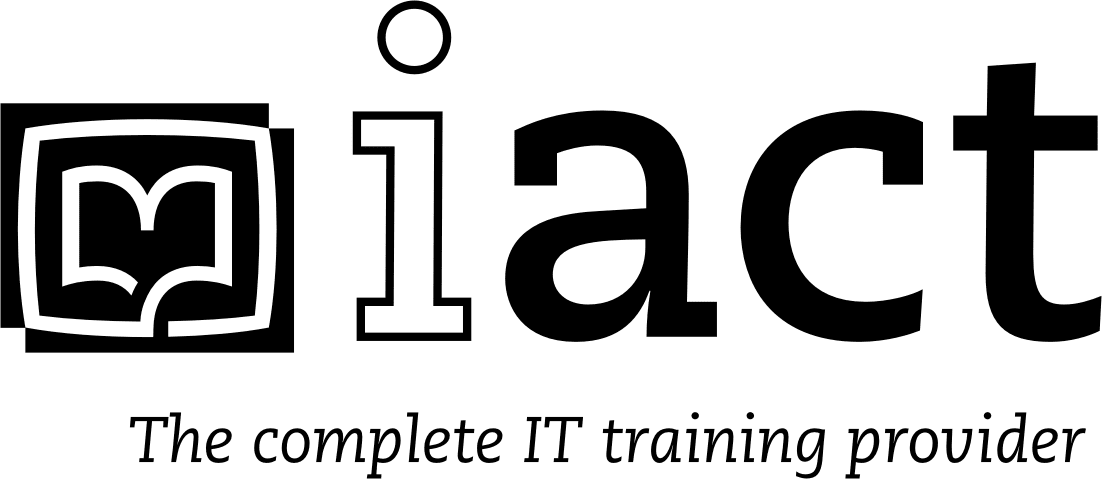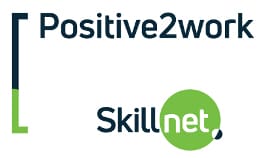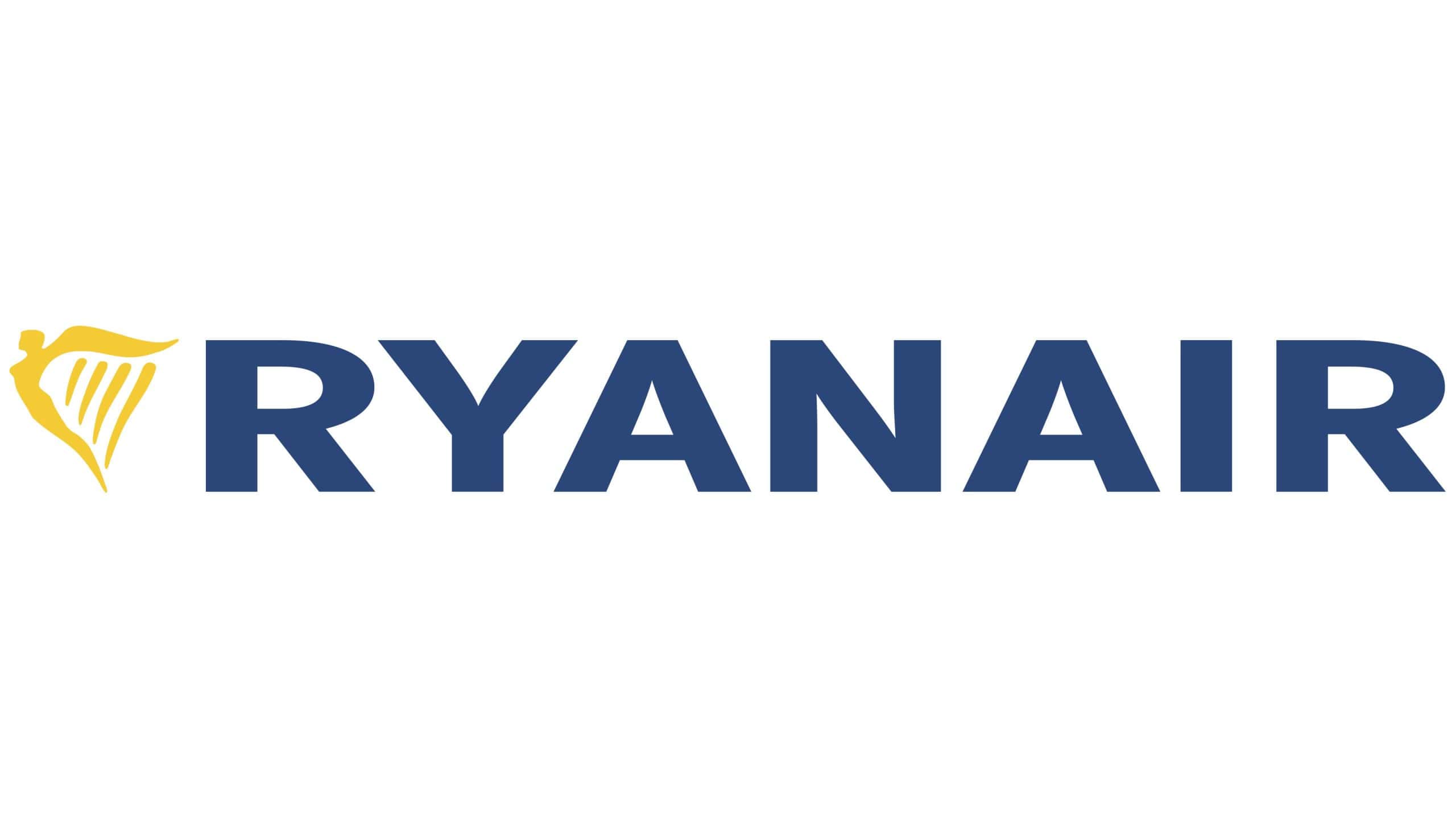What are the top eLearning statistics?
If you're curious about the evolution of eLearning, this compilation of key eLearning statistics and trends offers comprehensive insights into the industry's trajectory.
We've collected the internet’s top eLearning statistics. Below, you’ll get statistics backed by research that cover how eLearning is evolving and just how students, companies, and employees are utilising it globally.
As we prepare for the exciting journey that awaits in 2024, let’s delve into a preview of the dynamic eLearning trends that will illuminate the horizon of L&D.
Fasten your seatbelts for an intriguing ride ahead.
The top eLearning data in 2024
What is eLearning?
eLearning, or electronic learning, entails delivering educational content and training via the internet, utilizing devices such as desktops, laptops, tablets, and smartphones. Initially met with skepticism from educators due to its absence of in-person interaction, eLearning has progressively gained prominence, particularly catalysed by the COVID-19 pandemic, and has evolved into a preferred method of teaching and learning.
In recent times, eLearning has witnessed a surge in popularity, attributed to its myriad benefits:
Flexibility: eLearners have the liberty to study at their own pace and preferred times, catering to individuals with hectic schedules and diverse commitments.
Accessibility: With just an internet connection, eLearning offers educational opportunities to individuals from various backgrounds, overcoming physical or geographical constraints.
Scalability: Institutions and companies can effortlessly reach a large number of students simultaneously, with minimal limitations. Recorded sessions and self-paced eLearning modules further extend this reach.
Cost-effectiveness: By eliminating overhead costs and the need for physical materials like books and supplies, eLearning proves to be a more economical learning solution, benefiting students, institutions, and companies alike.
Personalisation: Adaptive learning technologies enable customisation of the eLearning experience according to individual needs and abilities.
Real-time assessment: Many eLearning platforms provide immediate feedback on assignments and tests, enabling learners to assess their understanding of the material promptly.
Increased retention: Through interactive and multimedia elements, eLearning enhances engagement and boosts learning retention rates.
Global collaboration: Unlike traditional classroom settings, eLearning fosters global connectivity, enabling collaboration and networking among individuals worldwide with shared interests.
Environmental sustainability: With reduced commuting and paper usage, eLearning presents a more eco-friendly and sustainable alternative to traditional learning methods.
Continuous upskilling: As technology advances, eLearning programs can seamlessly provide learners with updated sessions and new curriculum, facilitating continuous skill development.
The Effectiveness of eLearning for Induction Training
Induction training, an integral aspect of onboarding, aims to equip new employees with the requisite information, knowledge, and skills for effective job performance. While traditionally conducted through face-to-face sessions, the emergence of eLearning has popularised online induction training as a preferred method.
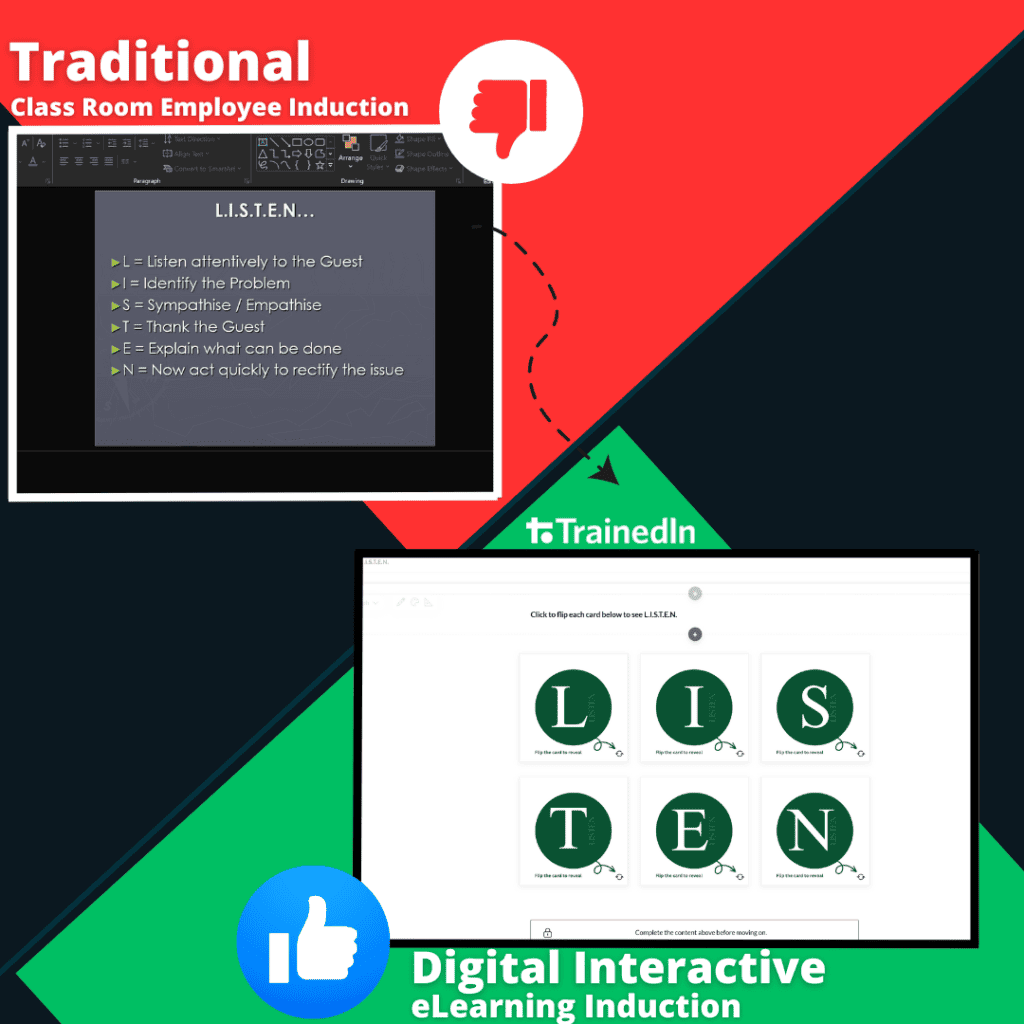
In recent years, eLearning has emerged as a favoured method for training delivery, owing to its convenience, flexibility, and cost-effectiveness. In the realm of induction training, eLearning offers several advantages over traditional face-to-face methods. Research conducted by the Brandon Hall Group indicates that eLearning can slash training time by up to 40% and bolster knowledge retention rates by up to 60%. Moreover, eLearning can be accessed anytime, anywhere, and on any device, ensuring heightened accessibility for employees.
Several types of induction training can be delivered online, including:
Compliance Training: Compliance training is essential for all employees, and eLearning is an effective way to deliver this type of training. Compliance training covers topics such as health and safety, data protection, and anti-bribery laws, and can be delivered through eLearning modules.
Company Culture and Values: Induction training is an opportunity to introduce new employees to the company culture and values. This type of training can be delivered through videos, interactive quizzes, and games, which are more engaging and effective than traditional face-to-face sessions.
Product and Service Training: eLearning is an effective way to deliver product and service training to new employees. This type of training can include product demos, simulations, and interactive modules, which can help employees understand the products and services they will be working with.
Blended Induction Training
While eLearning is an effective way to deliver induction training, a blend of online and face-to-face activities can create a more engaging and effective training program. Blended induction training can include a combination of eLearning modules, virtual classrooms, and face-to-face sessions. This approach can provide employees with a more immersive training experience and enable them to interact with their colleagues and trainers.
Various forms of induction training can be seamlessly delivered online, encompassing compliance training, company culture and values, as well as product and service training. Employing a blend of online and face-to-face activities fosters an engaging and impactful training experience, allowing new employees to learn and engage with colleagues and trainers effectively. With organisations increasingly adopting remote onboarding practices, eLearning assumes a pivotal role in shaping induction training methodologies.
1. By 2025, the online eLearning market is expected to be valued at $325 billion (Forbes)
By 2025, analysts project the global eLearning market value to soar to $325 billion. Initial estimations by industry experts anticipated a market worth of $107 billion by 2015, a projection that was duly met. This surge suggests a potential tripling of the market size over the period from 2015 to 2025.
2. The eLearning industry has witnessed a growth rate of 900% since 2000 (Skill Scouter)
Over the past two decades, the eLearning industry has experienced a remarkable growth rate of 900%. This trend is anticipated to persist from 2020 to 2025. Notably, major markets for eLearning, such as Thailand, the Philippines, China, and India, are witnessing annual growth rates exceeding 30%.
3. From 2020-2024, the U.S. eLearning market is predicted to grow by $21.64 billion (Business Wire)
The eLearning market in the United States is experiencing rapid expansion, with a projected Compound Annual Growth Rate (CAGR) exceeding 12% between 2020 and 2024. Within this timeframe, the market is anticipated to expand by nearly $22 billion. Key contributors to this growth include prominent entities such as Adobe, Houghton Mifflin Harcourt Co., Cengage Learning, Citrix, McGraw-Hill Education, Pearson, among others.
4. By 2025, the global market for Massive Open Online Course (MOOC) is expected to reach $25.33 billion (Global Newswire)
The global MOOC market is expected to experience a Compound Annual Growth Rate (CAGR) of 32.09% from 2019 to 2025, reaching a valuation of $25.33 billion by 2025. MOOCs, known as Massive Open Online Courses, are accessible online learning platforms open to students worldwide. These platforms offer unlimited access to diverse courses, expert guidance, educational materials, and discussion forums across a wide array of subject categories.
5. The global mobile learning market is expected to reach $156 billion by 2026 (Global Businesswire)
The global market for mobile learning is projected to observe a Compound Annual Growth Rate (CAGR) of 30.12% from 2022 to 2026, culminating in a market value of approximately $156 billion by 2026. The surge in demand for digital education is fueling the expansion of the mobile learning market.
6. 98% of all companies planned to use eLearning by 2020 (Small Business Trends)
Roughly three years ago, the majority of companies expressed intentions to incorporate eLearning to varying extents. Given the rapid growth pace of the industry, it's reasonable to assume that this statistic remains accurate. Presently, corporations have escalated their adoption of eLearning by an estimated 900% over the past 16 years.
The future of eLearning shines brightly as global connectivity expands and technological innovations revolutionise personalised, accessible education for learners worldwide. With flexibility, convenience, and quality, cost, eLearning is poised to transform traditional learning paradigms profoundly.
At TrainedIn, we offer a diverse range of comprehensive training courses designed to elevate your team's expertise. From customer service to compliance, we've got you covered across all sectors. Discover a world of growth and success with TrainedIn's industry-leading training programmes.
Unlock the Power of Knowledge with TrainedIn Limited's Cutting-Edge Learning Management System! Discover Seamless Learning, Unleash Your Potential, and Accelerate Success! Let's start a conversation and demonstrate how our LMS can be beneficial for you on the path to success.
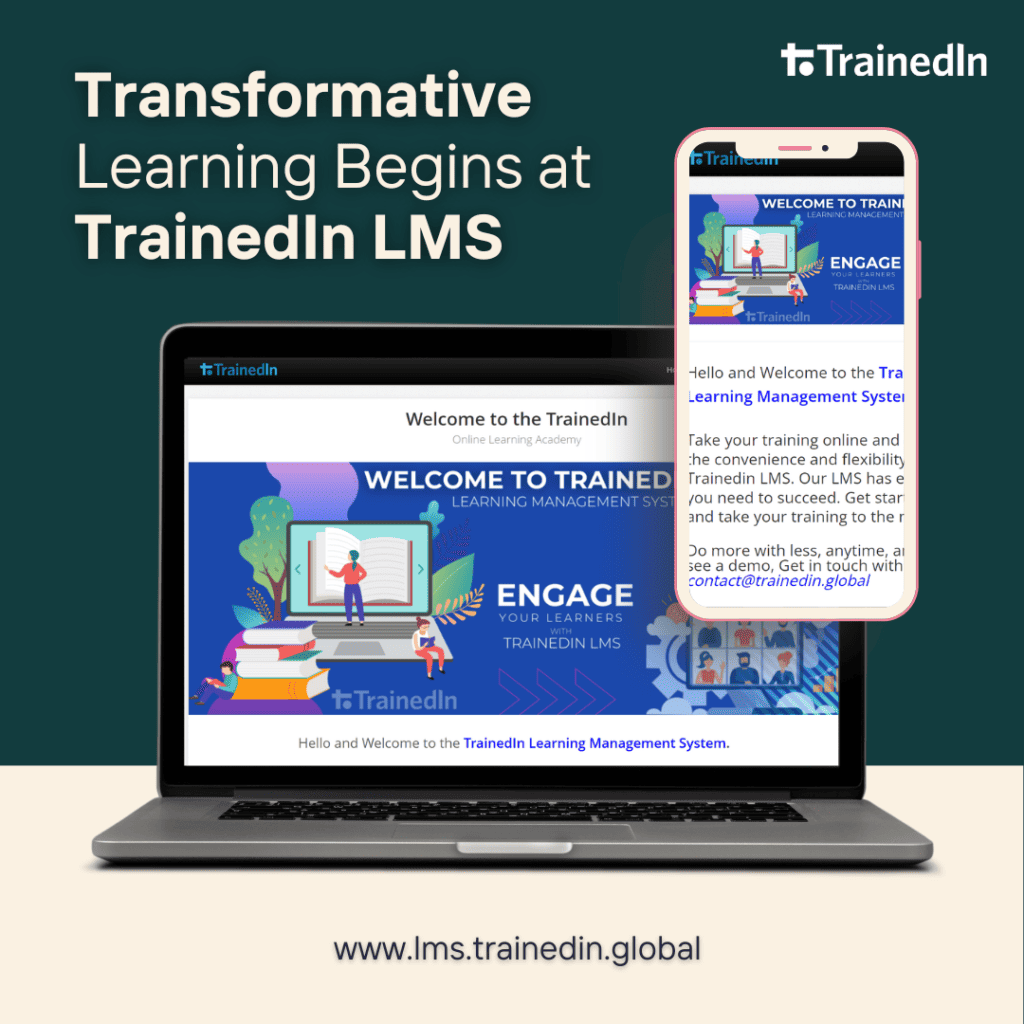
Sources:























